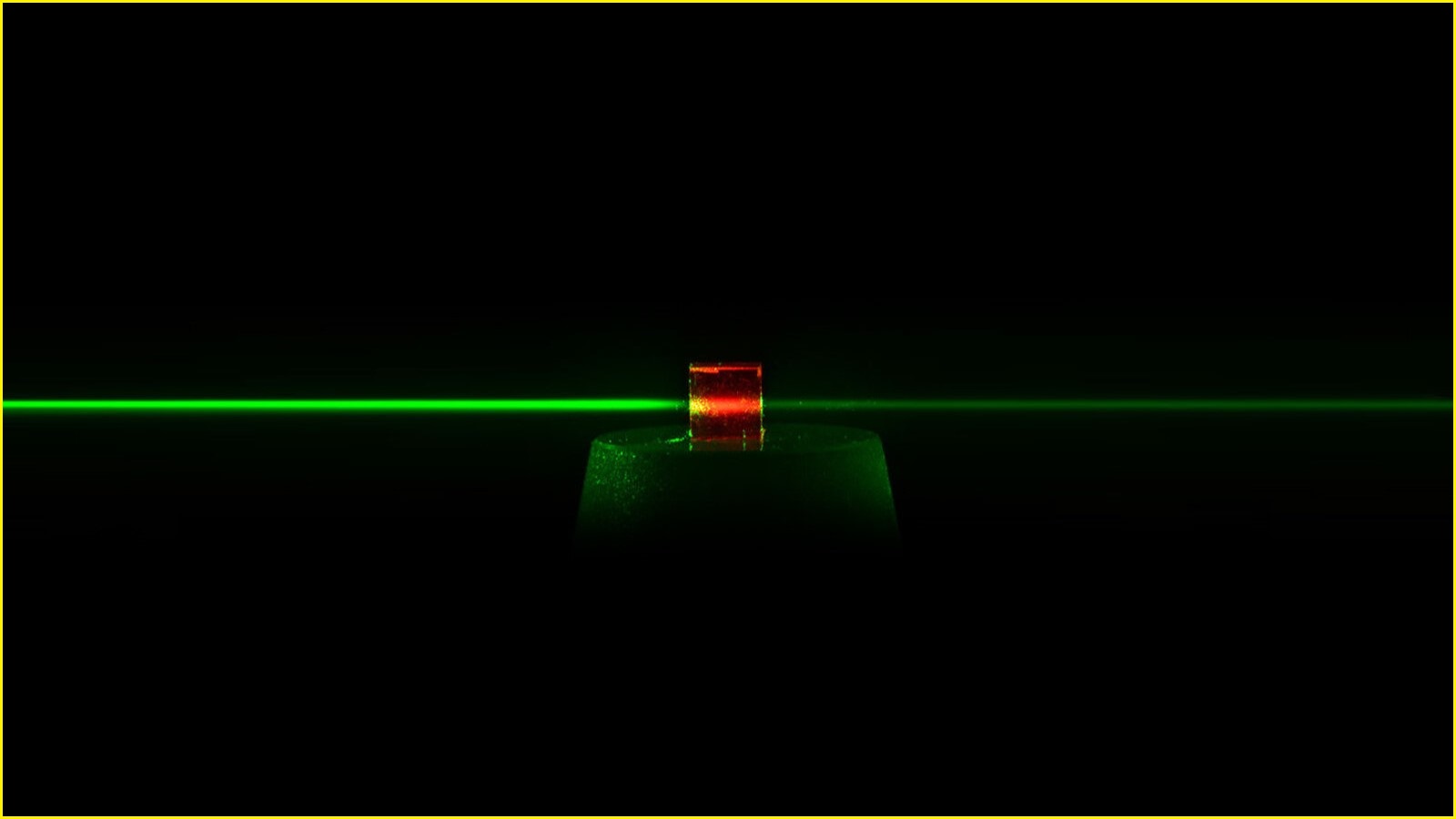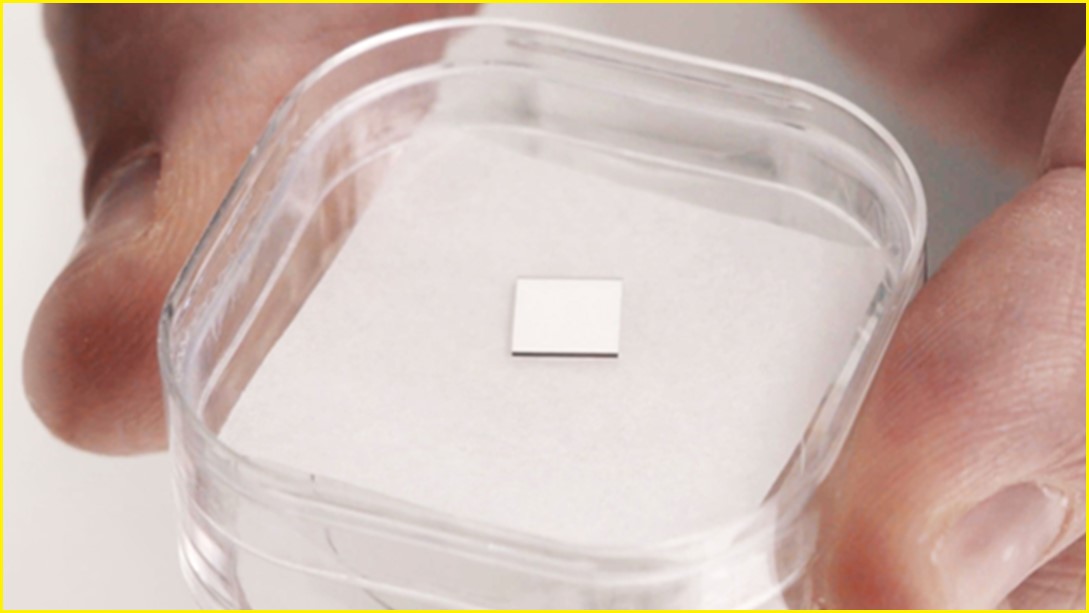The federal government’s $15 billion National Reconstruction Fund has taken a $13 million equity stake in local quantum technology company Quantum Brilliance to help it build a foundry for diamond-based quantum devices.
The investment comes after the federal government pledged $470 million to help US firm PsiQuantum build a quantum computer in Brisbane — as first revealed by Information Age in November last year — in a deal which has been criticised by the federal opposition and has left Queensland’s new coalition government reviewing its contribution.
The Quantum Brilliance plant, which would be Australia’s first quantum diamond foundry, would create lab-grown diamonds for use in quantum accelerators to enable “the precise fabrication of quantum bits, or qubits, which power computers and sensors”, the government said.
The investment from the National Reconstruction Fund Corporation (NRFC) would also be used to support a research hub Quantum Brilliance established in 2022 with Victoria’s La Trobe and RMIT universities.
The funding is the second investment made by the NRFC, which announced its first pledge in November, more than 18 months after passing into law.
It also comes after Quantum Brilliance secured a contract to build the world’s first mobile quantum computer for the German government.
Australia’s minister for industry and science, Ed Husic, said the NRFC’s $13 million investment was part of Labor's pledge to invest $1 billion in critical technologies.
“I have said many times that I want Australia to be a country that makes more things here — the National Reconstruction Fund is reigniting our nation’s manufacturing might,” he said.
“This is about ensuring Australian ideas will be backed and built here, creating more high-paying jobs and keeping Australia at the forefront of the global quantum industry.”
NRFC chair Martijn Wilder said the investment in Quantum Brilliance was recognition of the company's performance.
“They are at the forefront of technological advancements that have the potential to significantly accelerate the quantum technology revolution,” he said.
Wilder agreed the investment in Quantum Brilliance would give the local quantum technology industry “a significant boost”.
Andrew Dzurak, CEO and founder of Australian quantum company Diraq, told Information Age he was pleased to see the NRFC make its first investment in a quantum technology company, and congratulated Quantum Brilliance.
“The National Reconstruction Fund has the potential to be a game changer for companies in the deep tech sector, like quantum computing, that can have profound impacts on Australia’s future prosperity," he said.
"It can be very difficult for deep tech startups to secure this type of growth capital in Australia, and historically this has had to be secured offshore — I’m pleased to see that the NRF is beginning to change this narrative.”

Quantum Brilliance says room-temperature systems powered by diamonds will 'provide ubiquitous quantum computing'. Photo: Quantum Brilliance / Supplied
Funding designed to ‘attract’ private investors
The NRFC investment was part of a Series A funding round by Quantum Brilliance, which has previously received support from the likes of Breakthrough Victoria, CSIRO-founded investment fund Main Sequence, and venture capital firms.
NRFC chief investment officer Dr Mary Manning said the early-stage investment could help businesses like Quantum Brilliance “attract finance from private investors that will help them grow their business”.
Quantum Brilliance co-founder and CEO Mark Luo said he hoped the investment would help create critical supply chains for Australia to lead the world in diamond quantum technology, “much like Nvidia has done in the AI industry”.
“This capital partnership not only strengthens our leadership in the global quantum diamond value chain but also positions Australia to become a hub for mass deployable quantum diamond devices,” he said.
University of Technology Sydney quantum researcher Simon Devitt, who has previously been critical of the federal government’s investment with PsiQuantum, told Information Age he welcomed Australia “continuing to invest in the local quantum ecosystem”.
“I’m encouraged to see further funding opened up for local quantum companies and I hope that this continues and expands,” he said in a statement.
“Investment into industry needs to be coupled with further growth in the foundational work in quantum being pioneered in the academic sector.
“The success of the Australian quantum industry will depend critically on ensuring that foundational breakthroughs and practical technology development grow hand-in-hand.”










